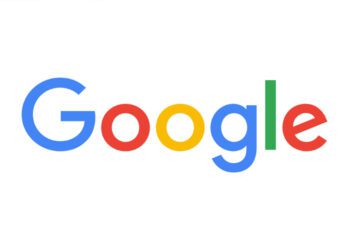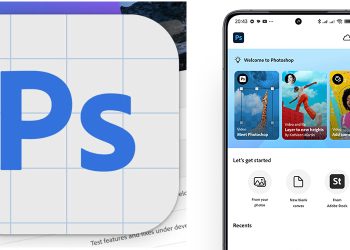WASHINGTON: The chief executives of Facebook, Google and Twitter faced criticism from members of United States (US) Congress about their handling of misinformation during their first appearance before lawmakers since the Jan. 6 Capitol riots and the rollout of the COVID-19 vaccine.
Members of the House Energy and Commerce Committee pressed Facebook CEO Mark Zuckerberg, Google CEO Sundar Pichai and Twitter CEO Jack Dorsey about their platforms’ efforts to stem baseless election fraud claims and vaccine skepticism.
Mike Doyle, chair of the House subcommittee on Communications and Technology, said his staff easily found anti-vaccine content on Facebook, Instagram, Twitter and YouTube.
“You can take this content down. You can reduce the vision. You can fix this. However, you choose not to,” Doyle said in opening remarks. The lawmaker asked the Big Techs’ CEOs whether their platforms bore some responsibility for the Capitol riot: “yes or no?”
Only Twitter CEO Jack Dorsey replied “yes” to the question, saying that the broader ecosystem had to be taken into account. Sundar Pichai, chief executive of Google, said the company always feels a sense of responsibility but it was a complex question.
Facebook CEO Mark Zuckerberg said his company was responsible for building effective systems. He also said that the rioters and former President Donald Trump should be held accountable.
Mike Doyle also challenged the platforms to remove 12 prolific anti-vaxxers from their platforms, which he said account for 65% of vaccine disinformation, demanding a deadline of 24 hours for them to get back to him.
The hours-long virtual hearing at times resembled a duel between openly outraged lawmakers and the embattled executives. Members of Congress accused the CEOs of being smug, evasive and condescending.
Some lawmakers called for Section 230 of the Communications Decency Act, which shields online platforms from liability over user content, to be scrapped or rejigged. Several Republican lawmakers have also been pushing separately to scrap the law entirely.
Donald Trump was banned by Twitter over inciting violence around Jan. 6, while Facebook has asked its independent oversight board to rule on whether to bar him permanently. He is still suspended from YouTube.


































